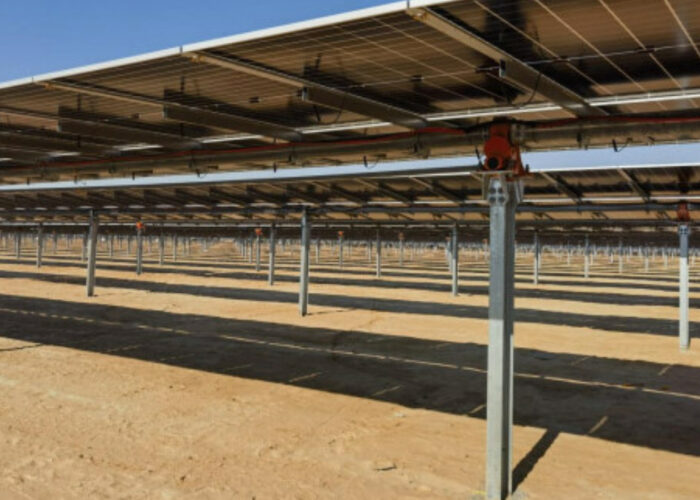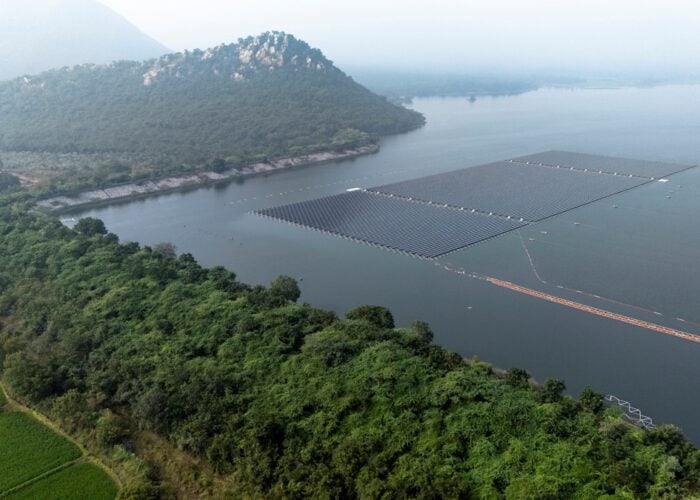In a revelation that will shock India’s rapidly-growing solar industry, a survey from Mercom Capital Group has shown that just 56% of Indian consumers have heard of renewable energy. The investigation by the global clean energy consulting and communications firm, which surveyed more than 500 commercial, residential and rural consumers in India, also highlighted that only 27% have heard of energy efficiency.
However, despite these startling revelations, Mercom’s survey has uncovered some good news. Namely, that consumers are willing to pay more for uninterrupted power and the opportunity to use renewable energy; 71% are willing to pay higher rates for electricity from renewable energy sources, while 65% value uninterrupted power enough to pay extra.
Try Premium for just $1
- Full premium access for the first month at only $1
- Converts to an annual rate after 30 days unless cancelled
- Cancel anytime during the trial period
Premium Benefits
- Expert industry analysis and interviews
- Digital access to PV Tech Power journal
- Exclusive event discounts
Or get the full Premium subscription right away
Or continue reading this article for free
These findings will help dispel the misconception at government level in India that the public are unwilling to pay more for electricity. This belief has been behind a reluctance by state governments to raise power prices, which has led to decreased revenue among the power utilities, huge losses, continued power cuts and lack of financial resources to invest in power projects and infrastructure.
And, despite the general population’s ignorance to renewables, Mercom’s investigation offers further encouragement to India’s renewable energy sector and, in particular, policies such as the Jawaharlal Nehru National Solar Mission. Solar is particularly high on the agenda and the national government hopes to increase solar capacity to 20GW by 2022. It is targeting 1,100 MW under the mission's first phase.
“Policies are implemented from the top down without any input or buy-in from consumers,” said Mercom’s Raj Prabhu. “There seems to be a general lack of education and awareness among consumers on these issues. How do you expect consumers to support and adopt renewable energy if they don’t understand what it is? Energy efficiency tends to cost a fraction compared to new supply but unless consumers are educated about these programs the adoption will be slow and ineffective.”






